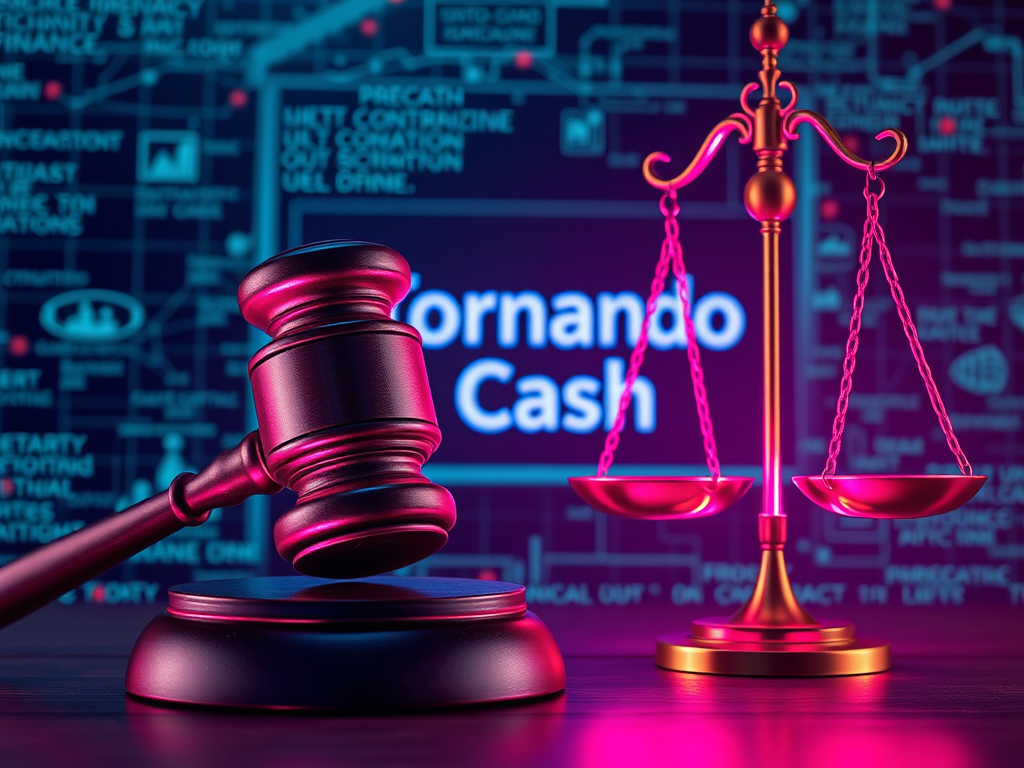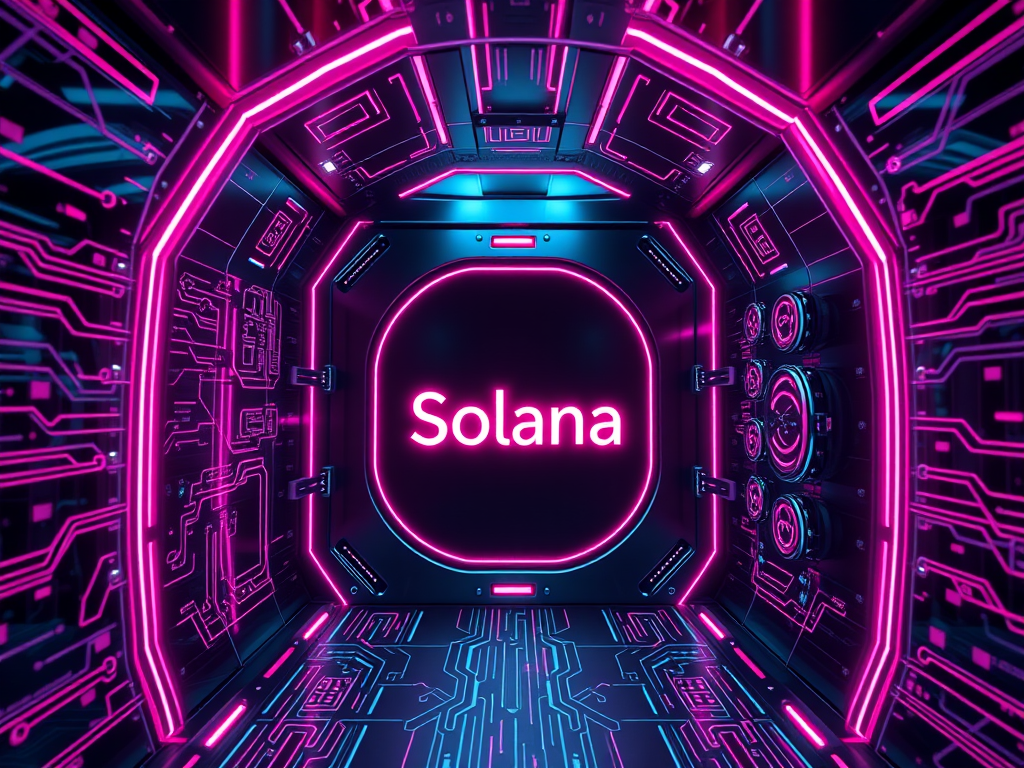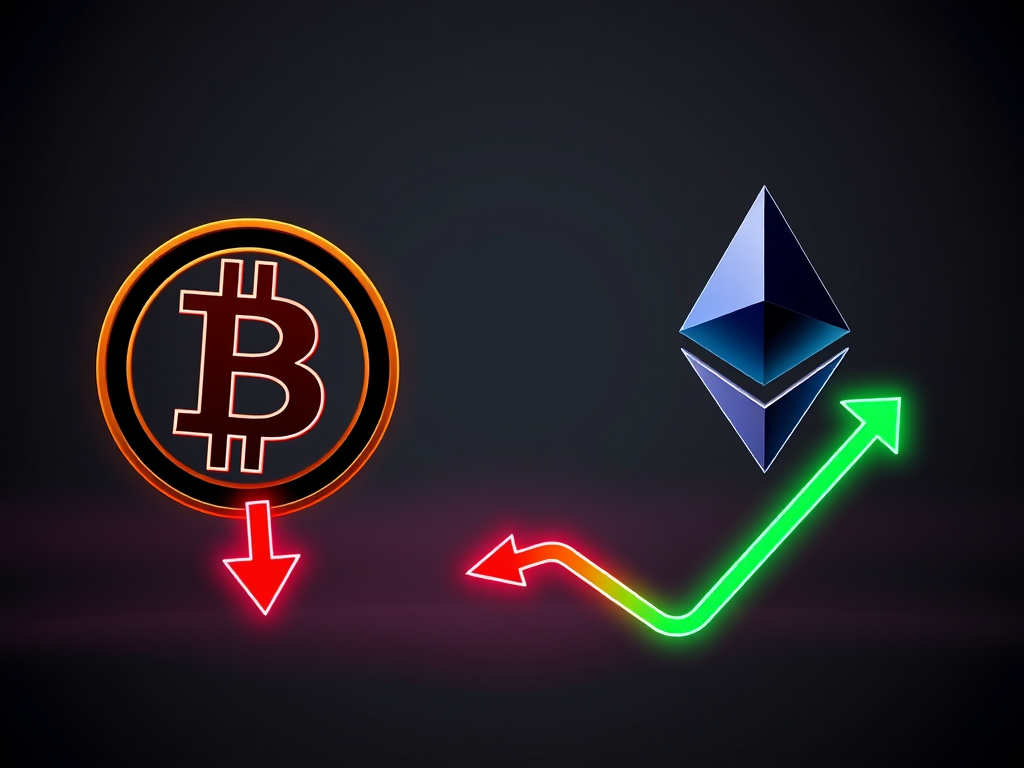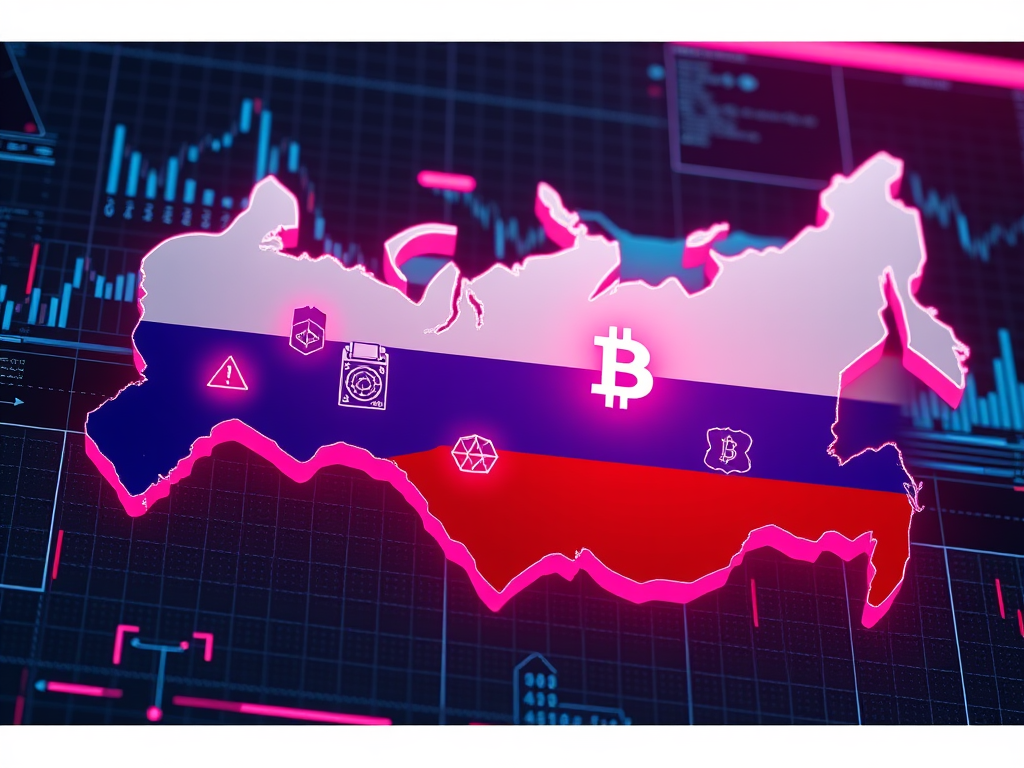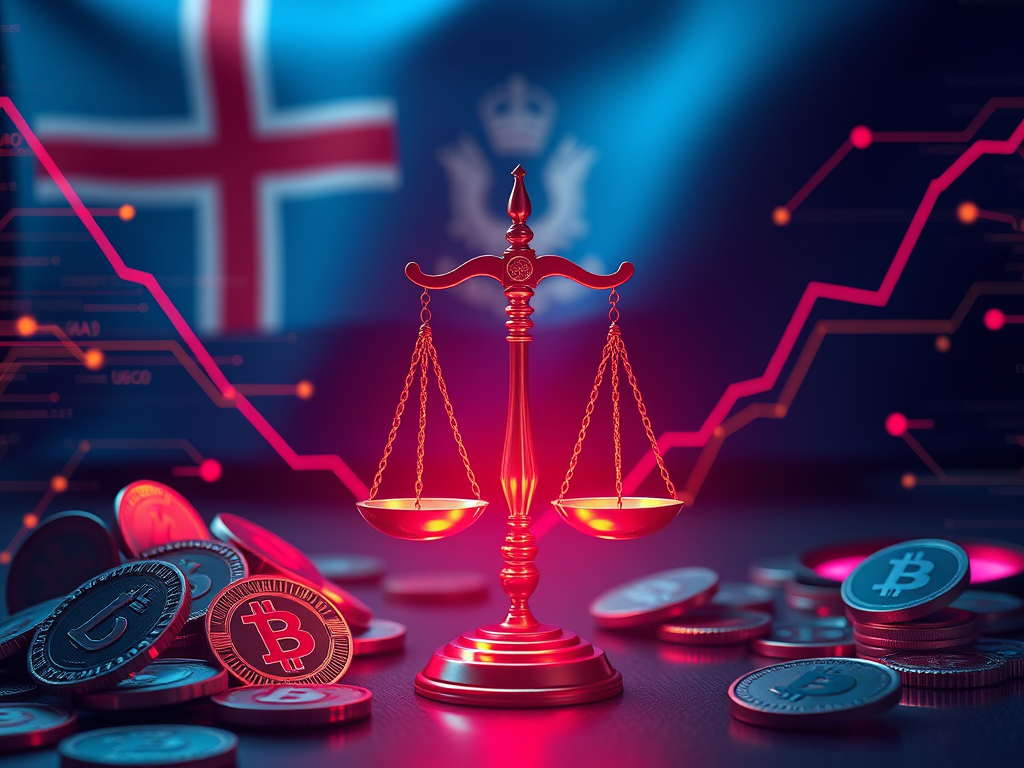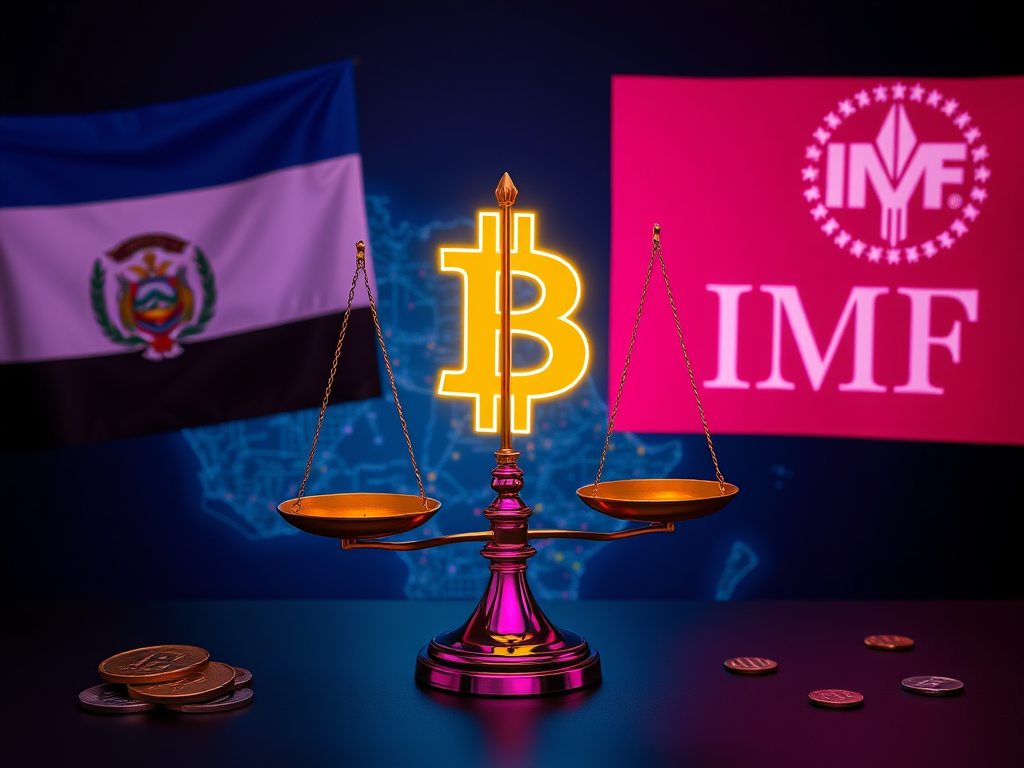Key Points
- A US federal appeals court ruled that the Treasury Department exceeded its authority by sanctioning Tornado Cash’s smart contracts, marking a significant victory for decentralized finance and privacy rights.
- The ruling triggered a dramatic surge in TORN token price, reaching a two-year high of $40, though still remaining 96% below its all-time high of $436.
The Legal Battle and Verdict
The US Court of Appeals delivered a groundbreaking decision on November 26, 2024, determining that the US Treasury Department’s Office of Foreign Assets Control (OFAC) overstepped its authority when sanctioning Tornado Cash’s immutable smart contracts. The court emphasized that as open-source software, these contracts cannot be considered property or services under the International Emergency Economic Powers Act (IEEPA), primarily because they operate autonomously and aren’t controlled by any person or foreign entity.
Technical Background and Implications
The court’s decision highlighted the significance of the 2020 “trusted setup ceremony,” where over 1,000 participants contributed cryptographic data to finalize Tornado Cash’s parameters. This process made the smart contracts immutable, effectively removing any possibility of updates or administrative control. The platform’s governance was subsequently transferred to the Tornado Cash community through the TORN token. The ruling suggests that such autonomous smart contracts cannot be sanctioned unless Congress updates existing laws to specifically address crypto-mixing technologies.
Market Response and Industry Reaction
Following the ruling, the platform’s TORN token experienced a dramatic price surge, reaching $40 before settling around $18 – representing a 400% increase within 24 hours. The crypto community widely celebrated the decision, with industry leaders viewing it as a landmark victory for decentralized technologies and privacy rights. Coinbase’s Chief Legal Officer, Paul Grewal, emphasized that while addressing illicit activities remains crucial, blanket restrictions on decentralized protocols exceed legal boundaries. Bill Hughes of Consensys noted that while the ruling specifically protects smart contracts without administrative control, other aspects of Tornado Cash may still fall under Treasury oversight.
